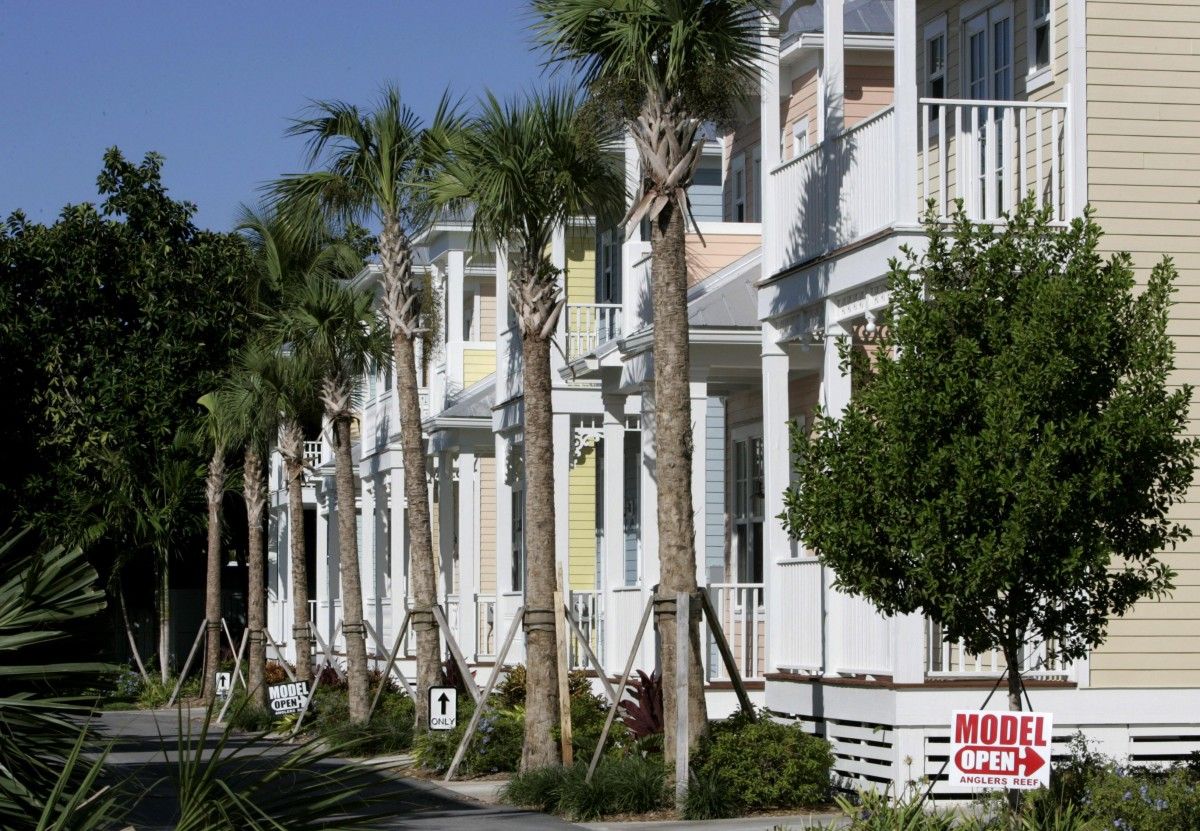Orlando is the worst city in America for low-income housing, but it could end up without funding for affordable housing in next year’s state budget.
In a spending plan set to pass the House this week, affordable housing programs would receive $123.6 million, but the money would be steered to areas of the Panhandle damaged or destroyed by Hurricane Michael last year.
“Orange County, Osceola County, Seminole County, is getting crushed by the affordable housing crisis,” said Rep. Carlos Guillermo Smith, D-Orlando, during a House budget panel meeting last week. “I support the money that’s going toward the victims for Hurricane Michael, but it’s a false choice to have to pick between recovery for Hurricane Michael victims and funding affordable housing. We have zero money from affordable housing … for Central Florida. That’s a problem.”

Smith added, though, that negotiations with the Senate still need to take place over the $90 billion budget. Since the Senate’s initial budget has $224 million in affordable housing programs and another $100 million for low-income housing for Michael-ravaged areas, it’s likely the final budget will contain at least some money that could help the Orlando area.
“If you went to every delegation meeting that I was in, it was a priority of every county and every city,” Sen. Travis Hutson, R-St. Augustine, the top Senate economic development budget writer, told the Orlando Sentinel. “And the only way I know how to solve it is to fund it.”
The No.1 economic development budget negotiator for the House, Rep. Jay Trumbull, R-Panama City, did not return a request for comment Monday.
House Speaker Jose Oliva, R-Miami Lakes, has tried to be frugal this year, by keeping his chamber’s spending plan at less than the per capita spending in the current budget, which stands at $88.7 billion.
Even if the final budget contains money for housing outside the Panhandle, with much of the state in dire need of affordable housing, it’s likely some areas still won’t be able to fill their growing needs.
By one measure, Orlando was ranked worst for affordable housing; by another, Miami took the top spot. And pockets of the Panhandle and the Keys are still recovering from storms that in some places wiped out entire communities.
Orlando was ranked worst in the country for low-income earners to find an affordable place to live, in a report released by the National Low Income Housing Coalition earlier this month. For a typical family of four earning $24,600 a year or less, there were 13 affordable rental homes available for every 100 households in need.
More than 12,000 Central Florida households are on a waitlist for affordable housing. That number is expected to grow when 1,000 units in the Lorna Doone Apartments, Ivey Lane Homes, Reeves Terrace, Murchison Terrace Griffin Park and Lake Mann complexes are demolished because the U.S. Department of Housing and Urban Development doesn’t have the money to repair the buildings.
In a study released this month by economists Richard Florida and Steven Pedigo for the Miami Urban Future Initiative, Miami had 53 percent of its renters paying 35 percent or more of their income on rental costs, the highest in the country. Orlando was sixth with 45.6 percent.
In Panama City and other parts of the Panhandle smashed by Michael last year, the recovery is still moving slowly, particularly when it comes to housing.
Source: Orlando Sentinel






